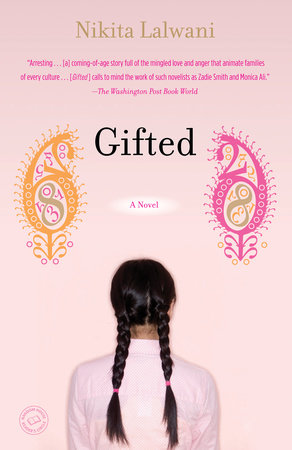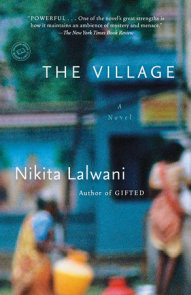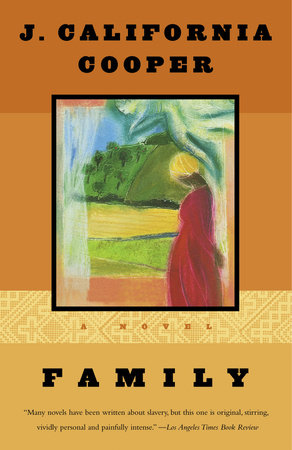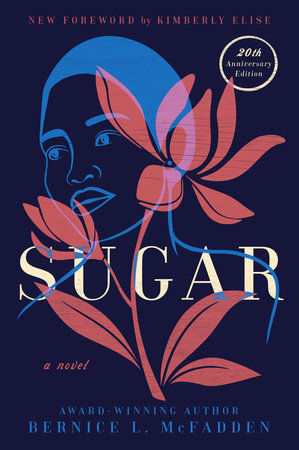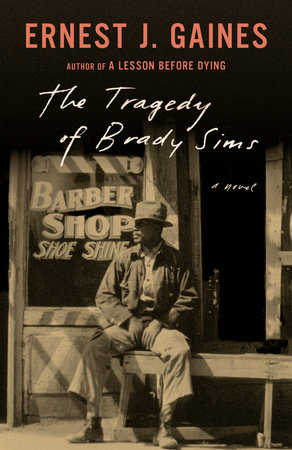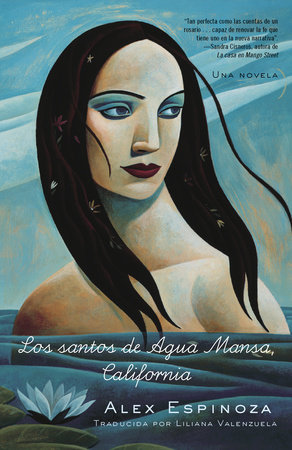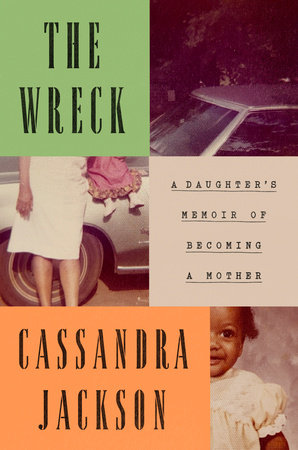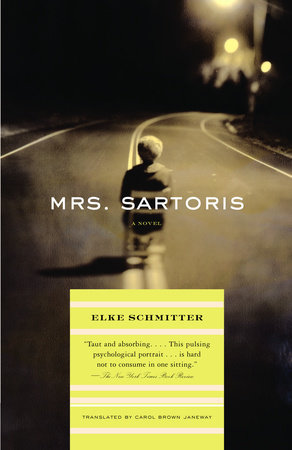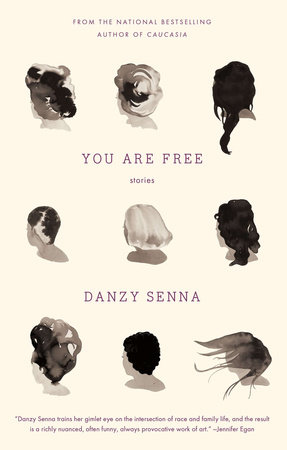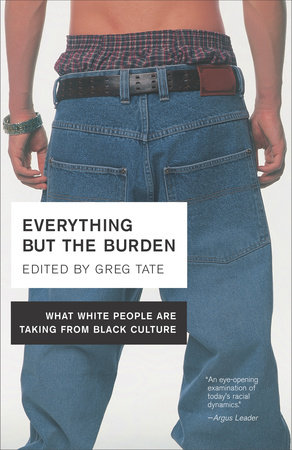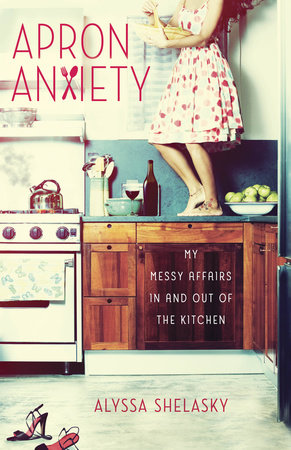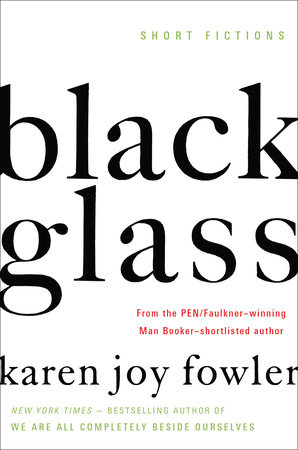Author Q&A
A Conversation With Nikita Lalwani
RANDOM HOUSE READER’S CIRCLE: Like Rumi, you grew up in Wales as the daughter of Indian immigrant parents. Do you empathize with Rumi’s attachment to India, and why do you think she feels it so strongly?
NIKITA LALWANI: As a child, India was very much part of my identity at school as well as at home.Although it clearly demarcated me from the norm, it was something that I saw as quite epic, very exciting, as opposed to an embarrassment.As an idea,‘India’ felt so abundant–it could be supernatural, exotic, melodramatic, so high on emotion and desirability: a place for which we were always nostalgic as a family. I think India represented an inherited and very romantic idea of a home-space. Rumi experiences freedom there on many levels as a child–freedom from academic rigor and playground politics, but also a sense of place and belonging. Of course, this relationship becomes more complicated–seedier, if you like, as she goes through adolescence and her belief structure morphs into something more ambiguous.
RHRC: Mahesh is determined to distinguish himself and his family in their adoptive country. Did you feel any similar pressures growing up in Cardiff?
NL: I remember our family was friends with another Asian family in a nearby town and their son actually was some kind of genius. He got his math O-levels in grade 8 and learned piano at an obscenely young age, and at dinner parties when we were sent to the kids room, I used to time him obsessively as he did the Rubik’s cube over and over, and tried to beat the world record. What was all that about? We thought it was an entirely normal pursuit. When I was writing the book I kept coming back to this strange aspiration that I had for a while when I was around 8 years old, to be some kind of prodigy.This odd, and quite particular desire must have been linked to the need to stand out in some way, I’m sure to be less invisible, and math was the most useful thing I had in hand. As it was, I outgrew the idea within a few months and got on with being just academically decent at school,but the label ‘gifted child’still interested me when I became a documentary maker as an adult–the whole nature versus nurture debate, and what was powering that particular kind of nurture in second-generation children.
RHRC: Her gift for mathematics causes Rumi to often feel isolated from her fellow students. Did your aptitude for math also mark you out as ‘different.’ How did you deal with this?
NL: Most of my love of math as a child was quite simple and tricky really. Just the sheer drama of mental arithmetic–acrobatics with straightforward sums. I didn’t ever get beyond that to the deep stuff, but I’m sure while I experimented with being a human calculator, I was trying to turn some element of being different to my advantage. It was a chicken and egg situation though.As to which came first– was the feeling of otherness because of math or did the math fill the space created through being different by virtue of race? I think they fed each other. It is something I associate with early childhood though. As I got older, and nearer adolescence, that difference (and the math fascination) seemed to be much less apparent.
RHRC: Having gone to Oxford to study medicine, how did you come to be a writer?
NL: There was a moment at Oxford when we were all lined up at the end of our second term, and we were finally on to ‘the head’ in the dissecting lab.There were six students in our group and we had a tub of heads in front of us, all sliced in different ways to reveal different constituent parts.We each had to dunk a hand in and take out a head and name the parts that were exposed in the section.When it was my turn, I got a very small one, it must have been a child of about age 10. I thought to myself, I don’t like this at all, but to make matters worse, I didn’t have a clue what the major parts were when questioned. It was so much about the facts and at eighteen, I was just starting to desperately seek out everything that couldn’t be quantified. I spent most of my time at Oxford writing for poetry magazines and trying to perform in dodgy theatre so I think it was only a matter of time before I got found out, and I was ‘sent down’ to use that wonderfully dramatic phrase, after a year of the course. It was, as my tutor predicted then, the luckiest thing to happen to me.
RHRC:Who are your favorite authors, and why?
NL: At the moment I’m very keen on the Belgian writer Amelie Nothomb, who has a very trenchant and bizarre humor married with real sensitivity. I recently read Tokyo Stories by Rana Dasgupta which is so relevant, ruthless and yet utterly heartwarming. I admire the absurd and the extravagant and so Rushdie has been my most longstanding literary involvement. I’m also a fan of Don Delillo and Kundera for the same reasons. Siri Hustvedt and Doris Lessing would be amongst the others.
